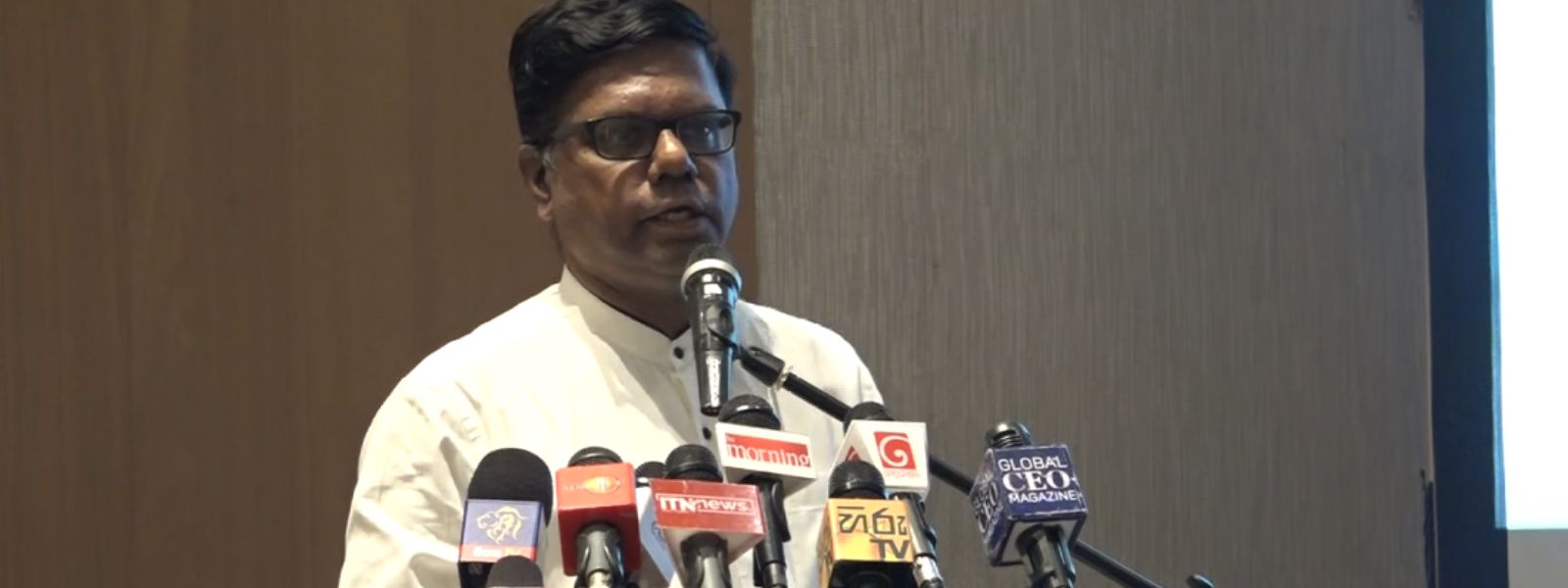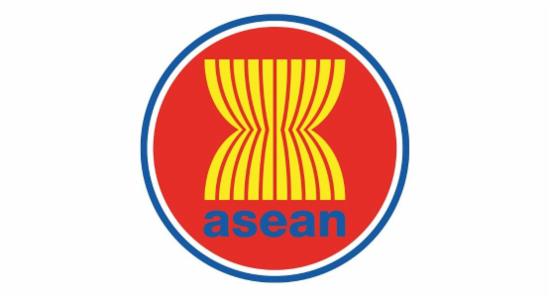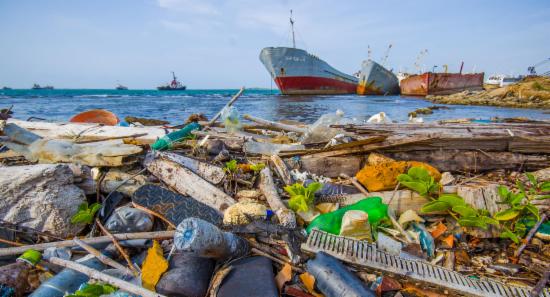.webp)

SVAT Repeal Could Brew Economic Disaster, Warns Tea Industry
COLOMBO (News 1st); Ganesh Deivanayagam, Chairman of the Tea Exporters Association, has warned that the government’s decision to repeal the Simplified Value Added Tax (SVAT) scheme could have devastating consequences for Sri Lanka’s tea industry—particularly its 500,000 smallholder families.
Ganesh began by affirming exporters’ unwavering support for the government’s economic recovery efforts, noting that the sector has consistently paid its dues and reinvested savings from concessionary tax rates to grow exports.
“We didn’t protest when income tax was raised from 15% to 30%. We understood the need,” he said. “But this time, we’re raising our voices because the consequences will directly hurt the most vulnerable.”
The SVAT repeal, scheduled for implementation despite repeated industry warnings, will require exporters to pay 18% VAT upfront on purchases from small tea growers.
Refunds are promised within 45 days, but Ganesh argues that in practice, this stretches to at least 10 weeks.
“We’re being asked to pay Rs. 18 for every Rs. 100 worth of green leaf, wait two and a half months, and hope the government gives it back,” he said. “But we all know how that story ends.”
Ganesh drew a powerful parallel to the 2021 fertilizer ban, which crippled agricultural output and slashed tea production from 300 million kilos to 250 million. “That decision was made without listening to scientists or farmers. We’re seeing the same pattern now—unilateral action without consultation,” he warned.
The financial impact is staggering. With 5 million kilos of tea sold weekly at auctions, exporters will need to front Rs. 1 billion in VAT every week—money that will sit with the government for months. Over 10 weeks, that’s Rs. 10 billion in locked capital. “Who pays the interest on that? Not the government. It’s us. And we can’t pass that cost to buyers because we’re competing with Kenya and India,” Ganesh explained.
The result? Lower payments to smallholders, reduced income for rural families, and a potential collapse of the smallholder sector that contributes 75% of Sri Lanka’s tea exports.
“This isn’t just an exporter issue. It’s a national issue. It’s about livelihoods,” he said.
Ganesh requested the government to honor its promise: “The President said SVAT would only be removed if the refund system was 100% ready. It’s not. Yet they’re going ahead. We feel unheard.”
Other Articles
Featured News





.png )

-809158_550x300.jpg)


-809139_550x300.jpg)

























.gif)